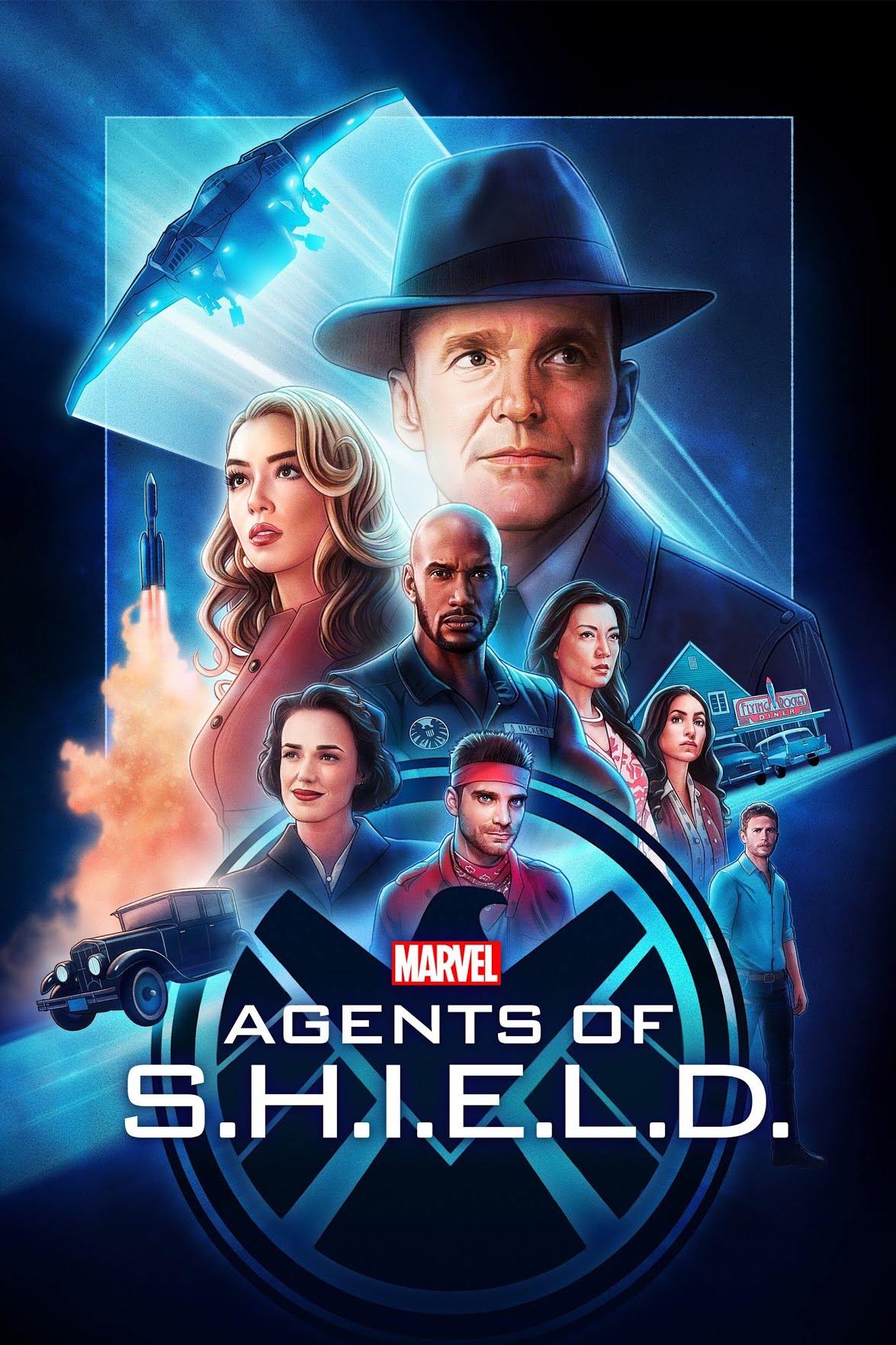Agents of S.H.I.E.L.D.’s third season was the most solidly consistent and exciting season to date. Agents of S.H.I.E.L.D. addressed three overarching themes: the fallout from the last episode of season 2, the continuing consequences of Captain America: Winter Soldier and Hydra’s end game. Agents of S.H.I.E.L.D. rewarded viewers with a frightening and plausible apocalypse scenario more enjoyable than X-Men: Apocalypse. I am delighted to report that Agents of S.H.I.E.L.D. has abandoned past repetitive storylines that we had in past seasons: distrust of Coulson and team infighting. Agents of S.H.I.E.L.D. had a cohesive team, but when the team was under attack, even if it was from within, it was because of external circumstances, not lack of trust among the regulars. The last scene that resolved the apocalyptic storyline involved an unlikely pair sharing a moment as they faced certain death. It was beautiful, poetic, peaceful and perfect reminiscent of the final scene with Cisco in Star Trek: Deep Space Nine.
Agents of S.H.I.E.L.D. introduced a bevy of interesting new characters (Rosalind Price, Gideon Malick, Holden Radcliffe, Lash, the Secret Warriors, the Watchdogs and the new Big Bad) and devoted a considerable amount of time to character development. For example, 4.722 Hours was one of the strongest episodes of the third season, and it only had one character regular, Simmons, for the majority of the episode. I only have one major criticism. Agents of S.H.I.E.L.D. killed off quite a few characters that could have led to interesting moral questions in future seasons if they had lived longer. It was too tidy to kill many of them off, and it seems like the fourth season will almost be more like a reboot for the show rather than a continuation of prior events with all but one storyline resolved.
Coulson got to fight! I didn’t think that he needed that particular excuse to show his chops, but we got to see some emotion and how he has lasted as long as he has in the field. I still think Agents of S.H.I.E.L.D. needs to define Coulson independently from his relationship to people. It is the main weakness of his character. If Agents of S.H.I.E.L.D. could do it with Simmons acting alone for the majority of a forty-five minute episode, then they can do it with him. Agents of S.H.I.E.L.D. defines him based on his relationship to women: Daisy/Skye, May, love interests, etc. Who is Coulson when he is alone?
I am completely satisfied with Ward’s story arc. I am STILL annoyed that everyone threatened to kill Ward then didn’t or tried in the least effective or thorough manner. While I enjoyed Daisy’s storyline, by the end, it felt like an emotional step backwards to season one, and I am now concerned about the quality of season four. May had a rough, but great season. Her character is still badass while developing into an interesting emotional presence. Mack may be the moral foundation, but he gets beat up and unconscious almost every episode, which is slightly ridiculous and needs to be scaled back. I’m simultaneously not thrilled about Bobbi’s storyline and delighted at Hunter’s arc. I love Adrian Pasdar in almost everything so I think Agents of S.H.I.E.L.D. needs to work on Glenn Talbot because his character is the least interesting aspect of the season.
In the past, I wrote that Agents of S.H.I.E.L.D. didn’t make my top tier of favorite shows, but during the third season, I placed Agents of S.H.I.E.L.D. next in my mental queue after The Walking Dead or Game of Thrones. I hope that Agents of S.H.I.E.L.D. can keep up the momentum and consistency in its fourth season.
Stay In The Know
Join my mailing list to get updates about recent reviews, upcoming speaking engagements, and film news.





